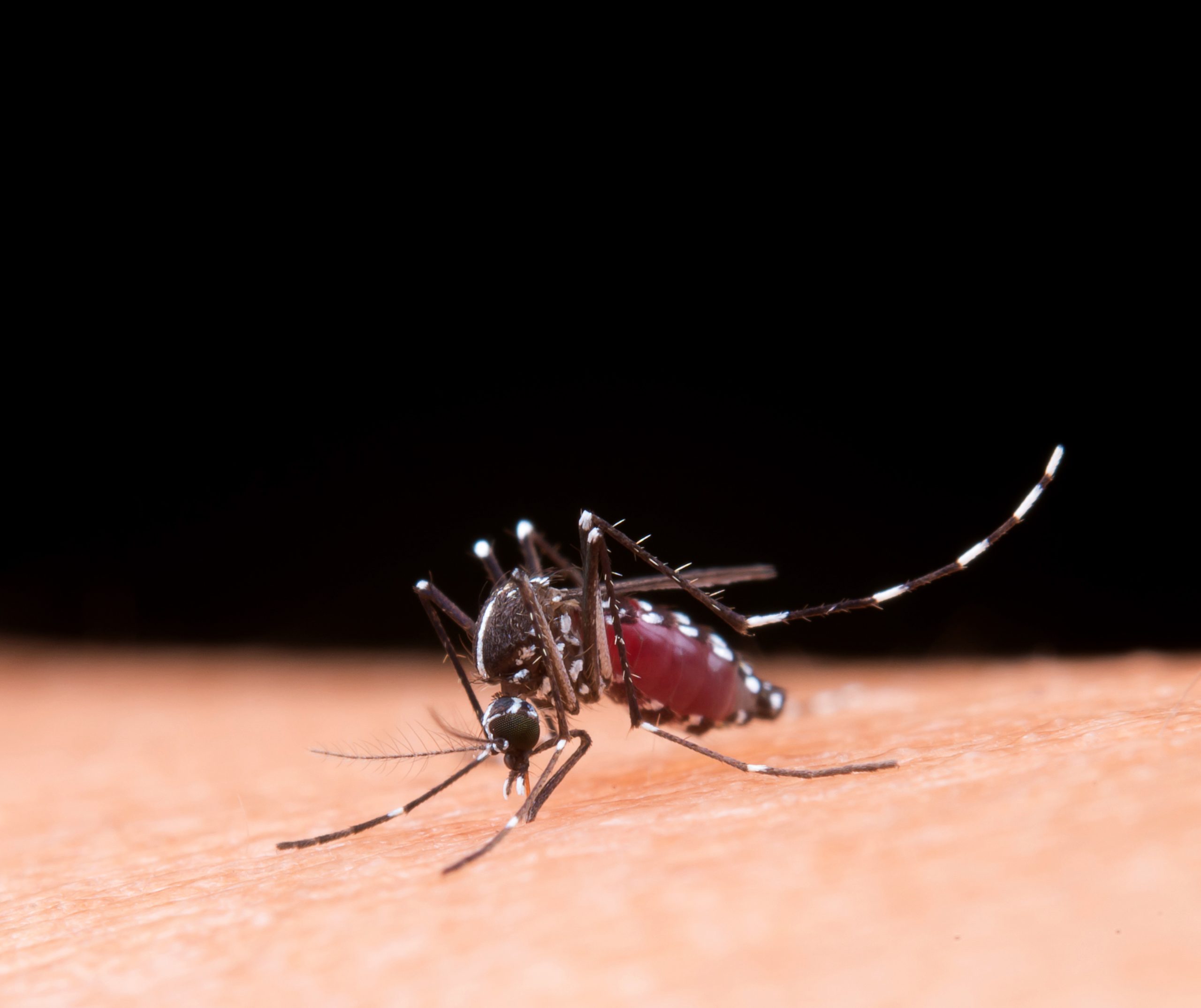Dengue fever is a mosquito-borne viral illness that affects millions of people each year. Unfortunately, there are many myths and misconceptions surrounding this disease, which can lead to confusion and even danger. In this article, we will break down some of the most common myths surrounding dengue fever.
Myth #1: Dengue only affects people in tropical regions.
While it’s true that dengue fever is most common in tropical and subtropical regions, the disease can occur anywhere there are Aedes mosquitoes. These mosquitoes are found in many parts of the world, including the United States, Europe, and Asia. In recent years, there have been outbreaks of dengue fever in places like Florida and Hawaii.
Myth #2: You can only get dengue once.
There are four different types of dengue viruses, and it’s possible to get infected with each one. In fact, getting infected with one type of dengue virus can actually make you more susceptible to severe dengue if you get infected with a different type later on. This is known as dengue hemorrhagic fever, which is a potentially life-threatening complication of dengue fever.
Myth #3: All mosquitoes carry dengue virus.
While many species of mosquitoes can transmit dengue virus, not all mosquitoes are carriers. The Aedes mosquito is the primary carrier of dengue virus, but other mosquitoes, such as the Culex mosquito, do not transmit the virus. It’s important to know which mosquitoes are carriers of dengue virus to take proper precautions.
Myth #4: Dengue fever is always fatal.
While severe cases of dengue fever can be life-threatening, the majority of cases are mild and do not require hospitalization. With proper care, most people recover from dengue fever within a week to ten days. It’s important to seek medical attention if you experience symptoms of dengue fever, especially if you are in a high-risk area.
Myth #5: There is a cure for dengue fever.
Unfortunately, there is no specific cure for dengue fever. Treatment typically involves managing symptoms, such as fever and dehydration, and preventing complications. In severe cases, hospitalization may be necessary.
Myth #6: Home remedies can cure dengue fever.
While there are many home remedies that can help alleviate symptoms of dengue fever, there is no scientific evidence that they can cure the disease. Some home remedies, such as drinking papaya leaf juice, may even be harmful. It’s important to follow the advice of a healthcare professional when it comes to treating dengue fever.
In conclusion, there are many myths and misconceptions surrounding dengue fever. It’s important to separate fact from fiction to prevent confusion and danger. Dengue fever is a serious disease that requires proper medical attention, and the best way to prevent infection is to take steps to avoid mosquito bites. If you live in or are traveling to an area where dengue is common, it’s important to take extra precautions to protect yourself and your family.










